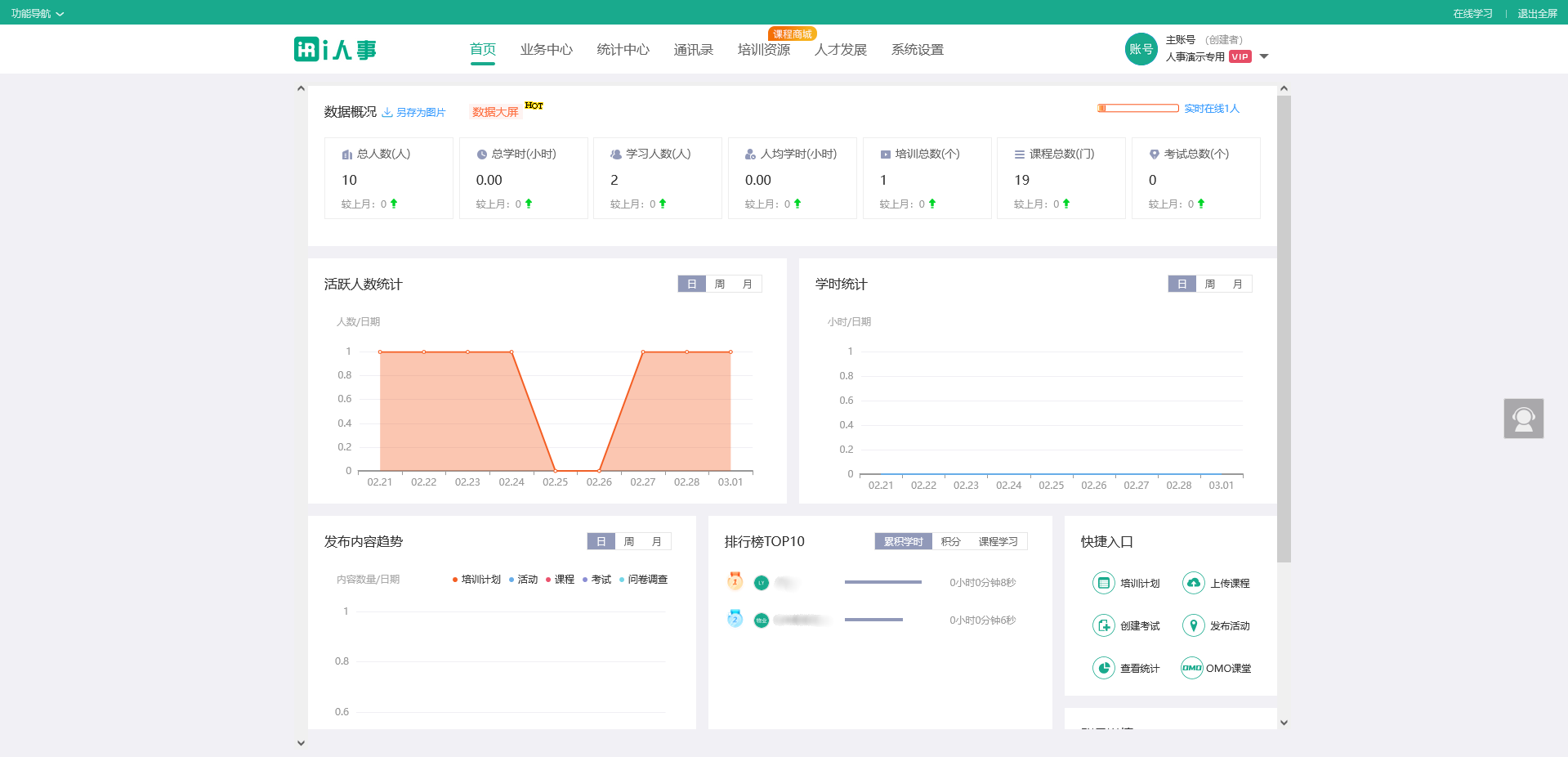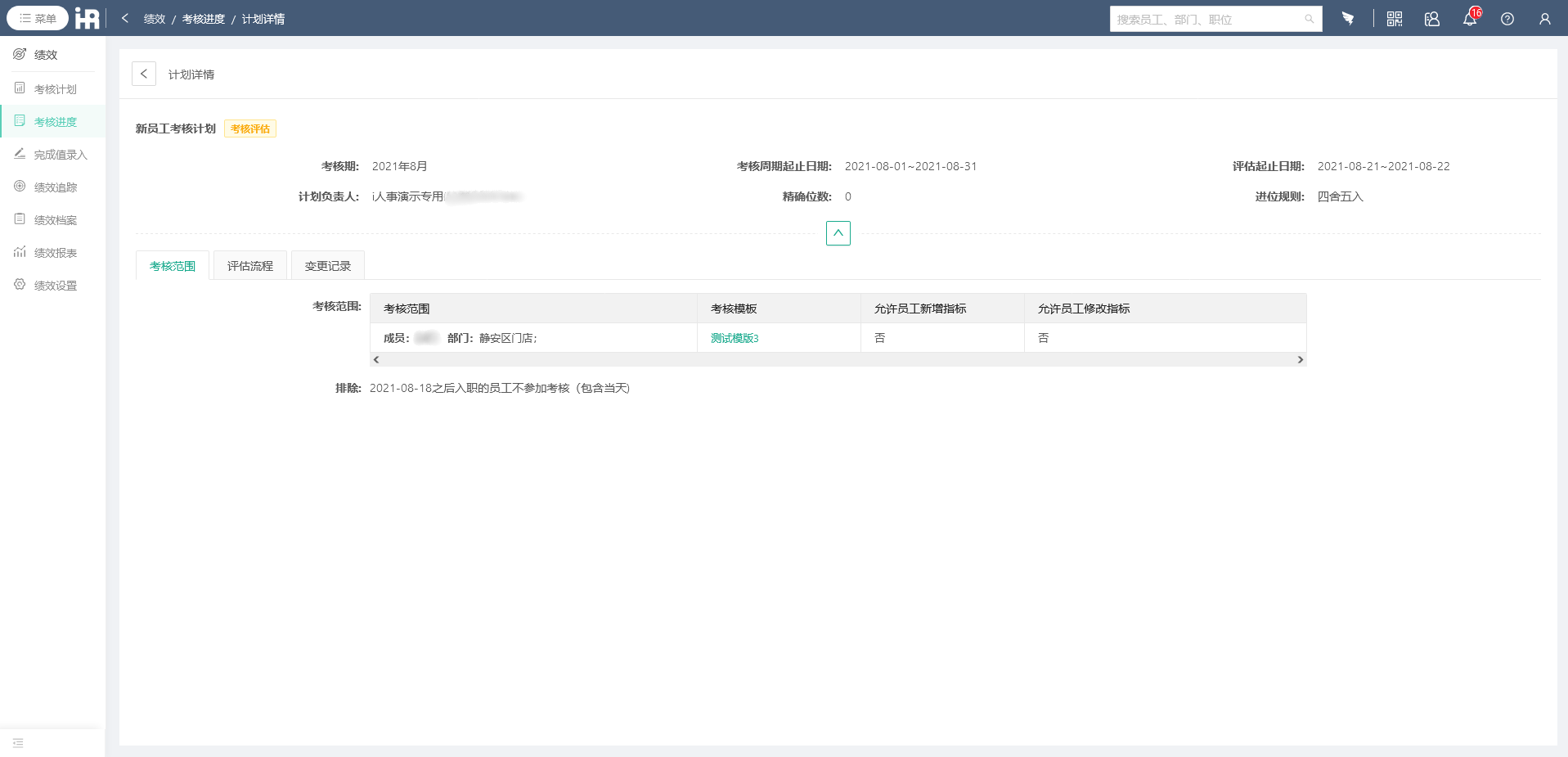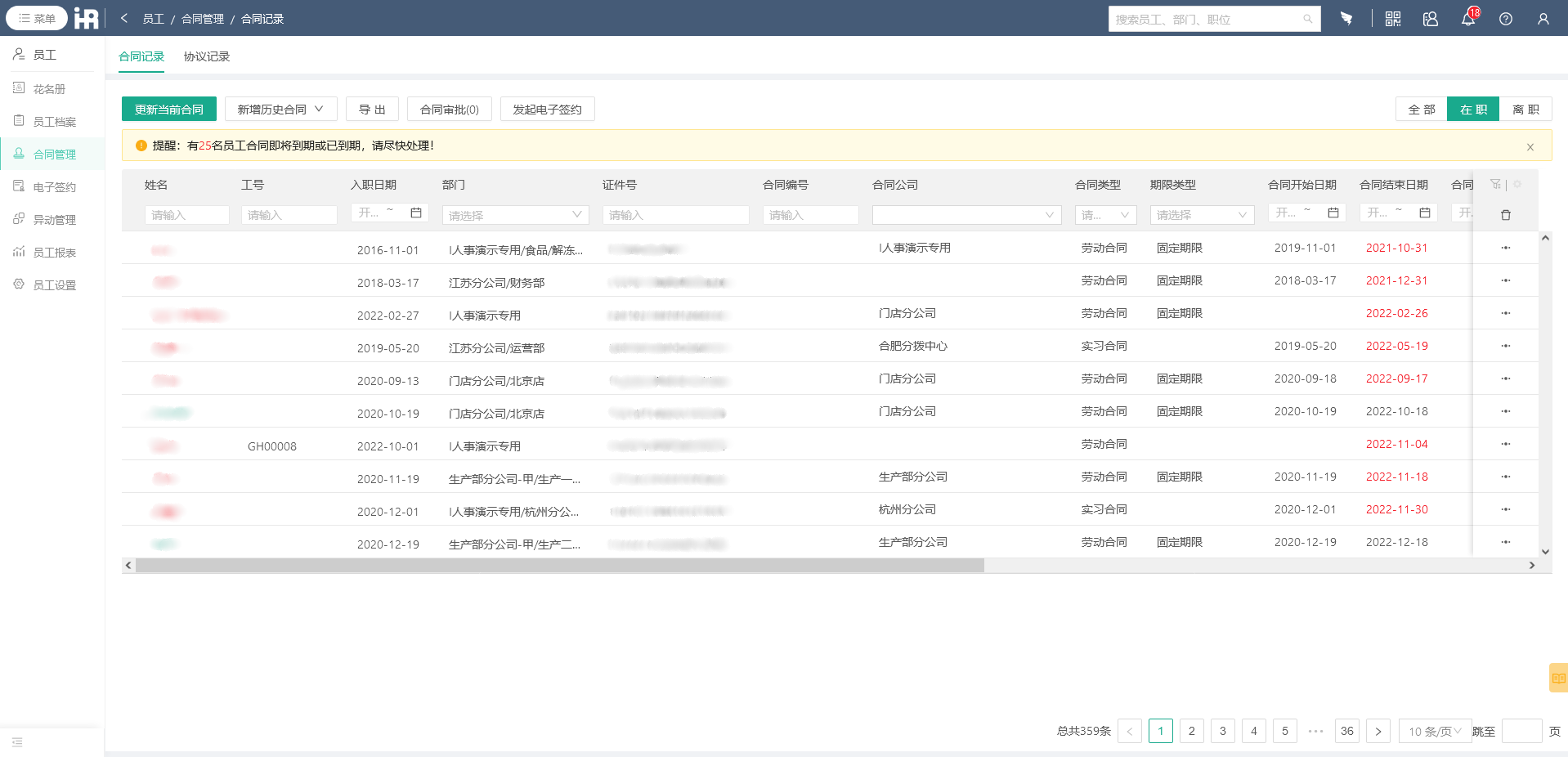Performance management systems have become increasingly popular in businesses of all sizes and industries. These systems are designed to assist managers in monitoring and evaluating employees’ performance in a quantitative manner. Their primary goal is to help organizations improve the overall performance of their employees, which leads to improved business outcomes. In this article, we’ll explore the value of performance management systems and how they can benefit both employers and employees.
Improving Employee Performance

Performance management systems are specifically designed to evaluate employees’ performance in a measurable way. They enable managers to set specific goals and targets for their employees, and to monitor their progress towards achieving those goals. This helps to create a culture of accountability and excellence, as employees are encouraged to strive for higher levels of performance. By identifying areas of weakness, managers can use performance management systems to provide targeted training and development opportunities to improve employee skills and capabilities.
Increasing Employee Morale and Engagement
Another significant value of performance management systems is the impact they can have on employee morale and engagement. Performance management systems can help boost employee motivation by providing clear expectations, timely feedback, and recognition for a job well done. By giving employees access to performance data, they can see how their work contributes to the overall success of the business, which can increase their sense of purpose and job satisfaction.
Driving Business Improvement
Performance management systems also provide value to the wider organization by helping to drive continuous improvement. By monitoring performance metrics such as sales revenue, customer satisfaction, and productivity, managers can identify areas for improvement and implement targeted action plans to address them. This not only leads to improved business outcomes but also ensures that employees are working towards a common goal and feel supported in their efforts.
Reducing Legal and Compliance Risks
Finally, performance management systems can help reduce legal and compliance risks for organizations. By documenting both positive and negative performance feedback, managers can build a record of employee performance that can be used to support employment decisions such as promotions, transfers, and terminations. This documentation can also serve as evidence in cases of discrimination or other legal disputes.
In conclusion, performance management systems provide numerous value to organizations. By improving employee performance, boosting morale and engagement, driving business improvement, and reducing legal and compliance risks, these systems can help businesses achieve their goals and succeed in a competitive environment. As such, they are becoming increasingly important for businesses of all sizes and industries to adopt.









